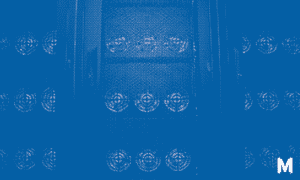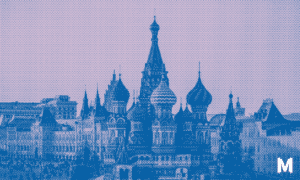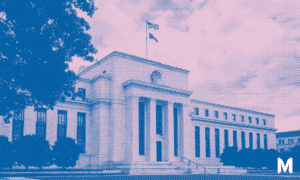The Bank of Thailand stated in a recent press release that “the BOT has been among the first central banks to recognize the importance of CBDC as a novel financial infrastructure”.
The press release further notes:
“Ms. Vachira Arromdee, Deputy Governor of the Bank of Thailand (BOT), has noted that central banks around the world have focused closely on the development of Retail CBDC and see the potential of Retail CBDC as being the foundation of the future financial system.”
The Bank of Thailand views retail CBDCs as the future of the financial system and is conducting a pilot program. As part of the pilot-program, 10,000 retail users will be using the retail CBDC to pay for goods and services.
This pilot program will be launched towards the end of 2022, according to the Bank of Thailand.
Once the first phase of the pilot program is completed, the central bank will look into innovative ways to use retail CBDCs in the country, with the goal of creating novel financial services for individuals and businesses.
Unlike wholesale CBDCs, where banks and financial institutions receive the CBDC as “base money” and continue issuing bank accounts and credit money to customers, a retail CBDC is a liability of the central bank.
This is another way of saying that holders of retail CBDCs have a direct relationship with the central bank. Retail CBDCs are meant to be a new form of programmable, digital fiat currency that is issued and controlled by central banks.
This is fundamentally different from the current financial system. Currently, central banks merely issue “base money”, which under the fractional-reserve banking system provides banks with reserves. Based on these reserves, banks “lend money into existence” through loans.
This money is known as credit money. Although far from perfect, the current fractional-reserve banking system is more decentralized and provides more privacy.
Customers can use cash for added privacy. And if they hold deposit money at a bank or financial institution it doesn’t provide the central bank with the ability to program, surveil or control these funds.
Critics of CBDCs worry that giving central banks the ability to issue programmable digital money gives them total control over money. With it, they could gain the ability to track, surveil, freeze and program money as they wish.
This could include things like giving money an expiration date, “air dropping” stimulus checks that can only be spent in a certain geographical radius or even blocking purchases of plane tickets or meat based on credit scores or a person’s carbon footprint.
Henry Kissinger once said: “Who controls the food supply controls the people; who controls the energy can control whole continents; who controls money can control the world.”




